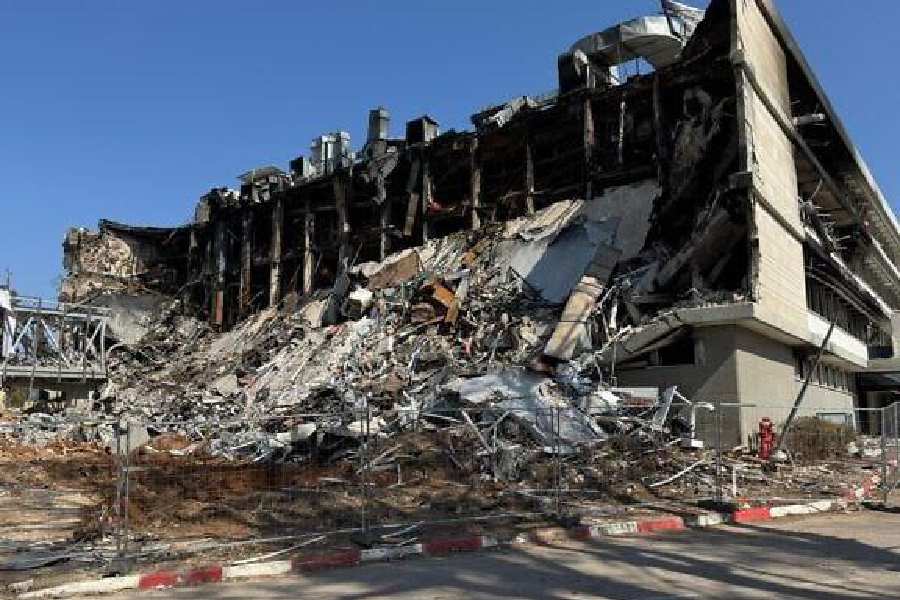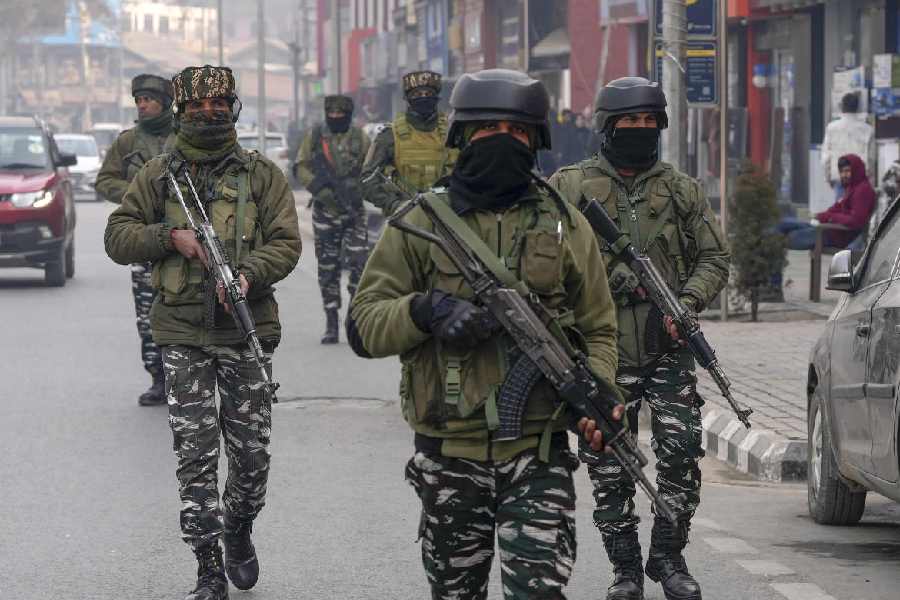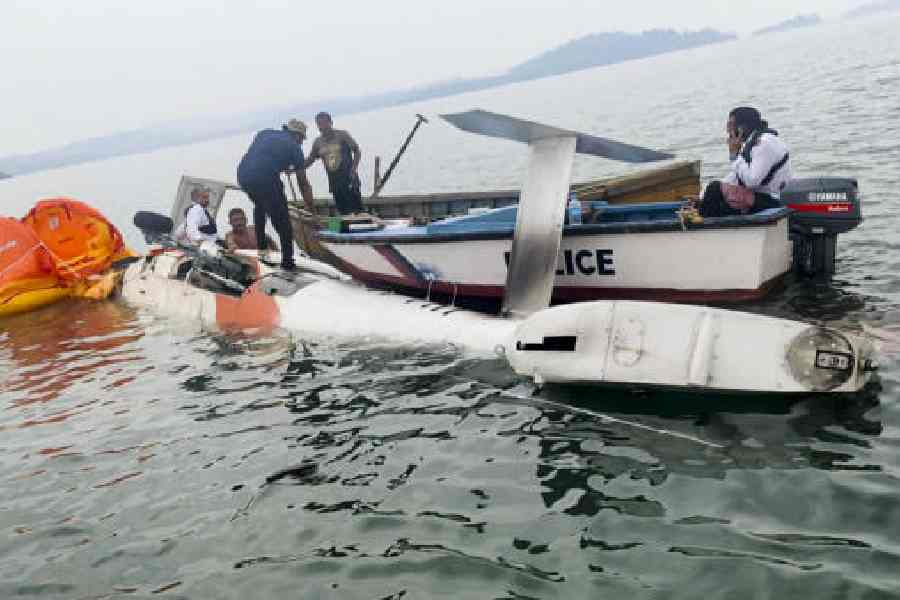For years, Israel has targeted Iranian nuclear scientists, hoping to choke progress on Iran's nuclear program by striking at the brains behind it.
Now, with Iran and Israel in an open-ended direct conflict, scientists in Israel have found themselves in the crosshairs after an Iranian missile struck a premier research institute known for its work in life sciences and physics, among other fields.
While no one was killed in the strike on the Weizmann Institute of Science early Sunday, it caused heavy damage to multiple labs on campus, snuffing out years of scientific research and sending a chilling message to Israeli scientists that they and their expertise are now targets in the escalating conflict with Iran.
“It's a moral victory" for Iran, said Oren Schuldiner, a professor in the department of molecular cell biology and the department of molecular neuroscience whose lab was obliterated in the strike. “They managed to harm the crown jewel of science in Israel.”
Iranian scientists were a prime target in a long shadow war
During years of a shadow war between Israel and Iran that preceded the current conflict, Israel repeatedly targeted Iranian nuclear scientists with the aim of setting back Iran's nuclear program.
Israel continued that tactic with its initial blow against Iran days ago, killing multiple nuclear scientists, along with top generals, as well as striking nuclear facilities and ballistic missile infrastructure.
For its part, Iran has been accused of targeting at least one Weizmann scientist before. Last year, Israeli authorities said they busted an Iranian spy ring that devised a plot to follow and assassinate an Israeli nuclear scientist who worked and lived at the institute.
Citing an indictment, Israeli media said the suspects, Palestinians from east Jerusalem, gathered information about the scientist and photographed the exterior of the Weizmann Institute but were arrested before they could proceed.
With Iran's intelligence penetration into Israel far less successful than Israel's, those plots have not been seen through, making this week's strike on Weizmann that much more jarring.
“The Weizmann Institute has been in Iran's sights,” said Yoel Guzansky, an Iran expert and senior researcher at the Institute for National Security Studies, a Tel Aviv think tank. He stressed that he did not know for certain whether Iran intended to strike the institute but believed it did.
While it is a multidisciplinary research institute, Weizmann, like other Israeli universities, has ties to Israel's defense establishment, including collaborations with industry leaders like Elbit Systems, which is why it may have been targeted.
But Guzansky said the institute primarily symbolizes “Israeli scientific progress” and the strike against it shows Iran's thinking: “You harm our scientists, so we are also harming (your) scientific cadre.”
Damage to the institute and labs literally decimated
Weizmann, founded in 1934 and later renamed after Israel's first president, ranks among the world's top research institutes. Its scientists and researchers publish hundreds of studies each year. One Nobel laureate in chemistry and three Turing Award laureates have been associated with the institute, which built the first computer in Israel in 1954.
Two buildings were hit in the strike, including one housing life sciences labs and a second that was empty and under construction but meant for chemistry study, according to the institute. Dozens of other buildings were damaged.
The campus has been closed since the strike, although media were allowed to visit Thursday. Large piles of rock, twisted metal and other debris were strewn on campus. There were shattered windows, collapsed ceiling panels and charred walls.
A photo shared on X by one professor showed flames rising near a heavily damaged structure with debris scattered on the ground nearby.
“Several buildings were hit quite hard, meaning that some labs were literally decimated, really leaving nothing,” said Sarel Fleishman, a professor of biochemics who said he has visited the site since the strike










